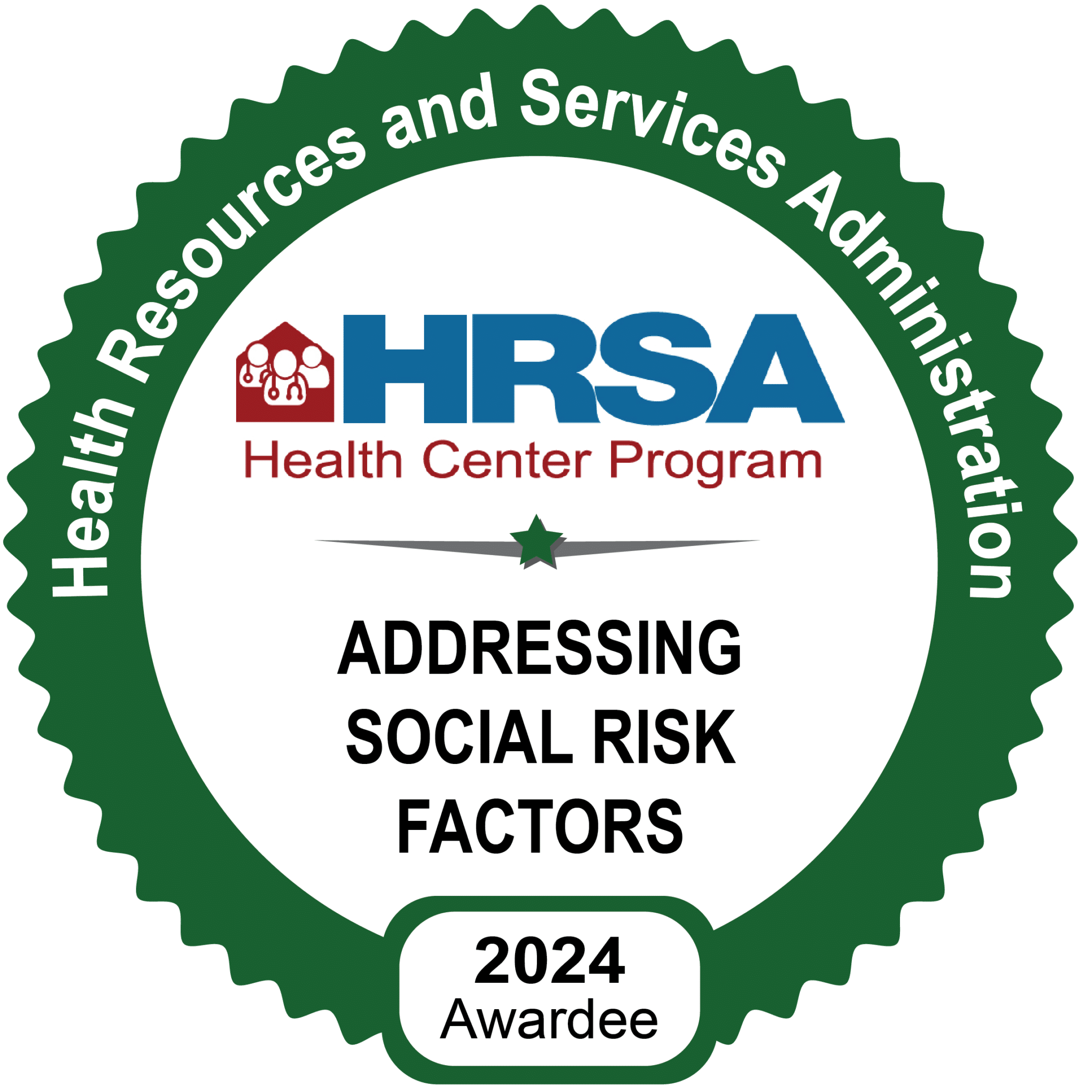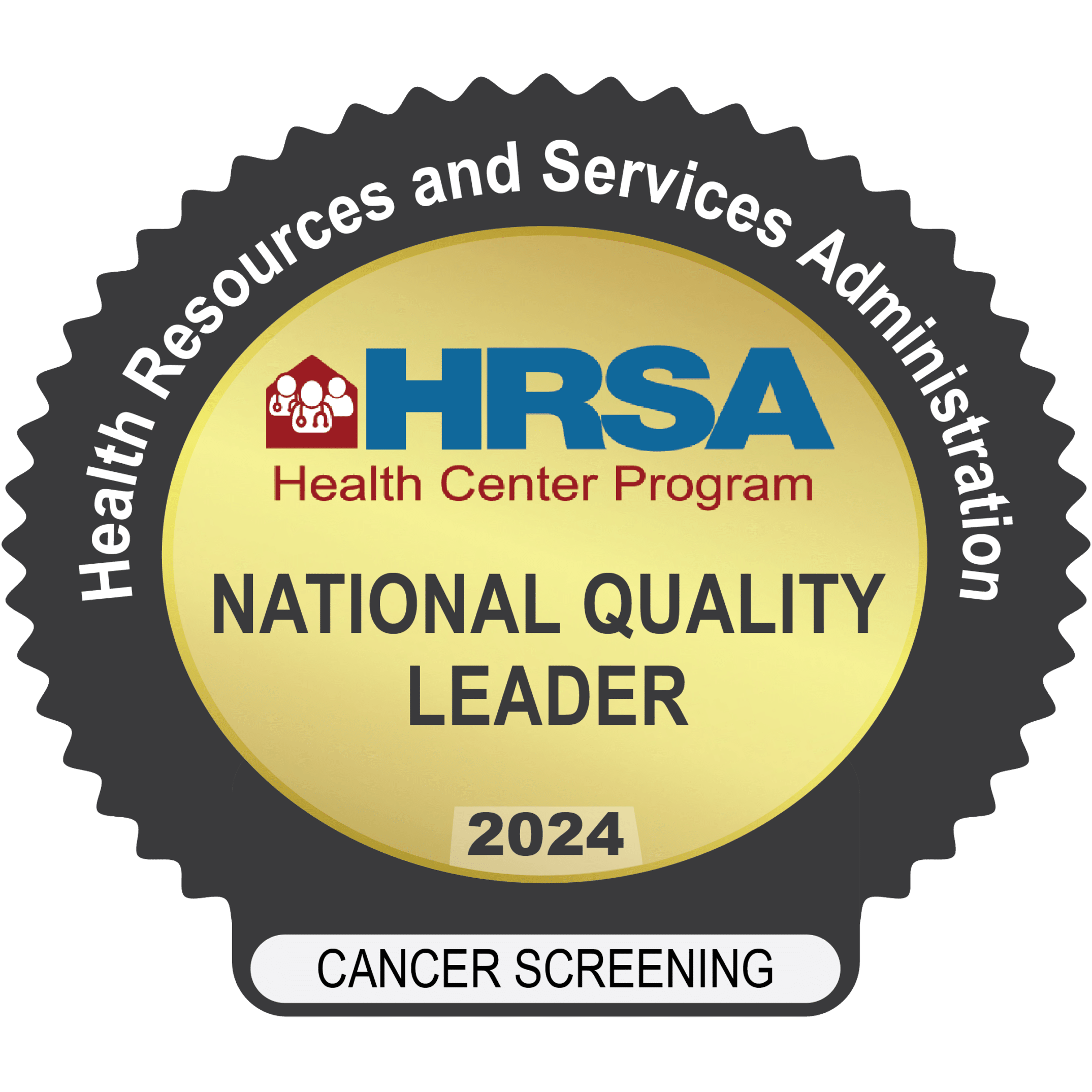As we enter November, a month dedicated to raising awareness for men’s health issues, it’s crucial to focus on prostate cancer—a significant health concern for men around the world. Movember, a men’s health campaign that encourages men to grow mustaches to spark conversations about men’s health, also emphasizes the importance of prostate cancer awareness. Understanding this disease, recognizing its risk factors, and prioritizing early detection through regular prostate exams can be life-saving.
What is Prostate Cancer?
Prostate cancer occurs when cells in the prostate gland grow uncontrollably. The prostate is a small walnut-sized gland that produces seminal fluid, which nourishes and transports sperm. Prostate cancer is one of the most common cancers affecting men, with the American Cancer Society estimating that approximately 1 in 8 men will be diagnosed with the disease during their lifetime. While it can be aggressive, many men diagnosed with prostate cancer will not die from it, making early detection and management vital for improving survival rates.
Risk Factors
Understanding the risk factors for prostate cancer is essential for early detection and prevention. Some key risk factors include:
- Age: The risk of prostate cancer increases significantly as men age, particularly after age 50.
- Family History: Men with a family history of prostate cancer are at a higher risk. If your father or brother had the disease, your risk is greater.
- Race: African American men are more likely to develop prostate cancer than men of other races. They are also more likely to have aggressive forms of the disease.
- Diet: Diets high in red meat and dairy products, along with low consumption of fruits and vegetables, may contribute to an increased risk of prostate cancer.
Symptoms of Prostate Cancer
In its early stages, prostate cancer may not present any noticeable symptoms. However, as the disease progresses, some men may experience symptoms such as:
- Frequent urination, especially at night
- Difficulty starting or stopping urination
- Weak or interrupted urine flow
- Painful urination
- Blood in urine or semen
- Pain in the back, hips, or pelvis
Recognizing these symptoms is crucial, but it’s essential not to rely solely on them for diagnosis, as they can also be indicative of other non-cancerous conditions.
The Importance of Prostate Exams
Regular prostate exams play a critical role in early detection and increasing the chances of successful treatment. The two main methods for prostate cancer screening are:
- Prostate-Specific Antigen (PSA) Test: This blood test measures the level of PSA, a protein produced by the prostate. Elevated levels may indicate prostate cancer, but they can also be caused by benign conditions.
- Digital Rectal Exam (DRE): During this exam, a healthcare provider inserts a finger into the rectum to feel for any abnormalities in the prostate.
Men should discuss with their healthcare provider when to begin screening based on their individual risk factors. Generally, it is recommended that men start discussions about prostate exams at age 50. However, those with higher risk factors, such as a family history or being of African American descent, should consider starting earlier, typically at age 45.
Early Detection Saves Lives
The most effective way to combat prostate cancer is through early detection. When caught in its early stages, the five-year survival rate for prostate cancer is nearly 100%. Early-stage prostate cancer often requires less aggressive treatment and has a better prognosis.
Movember serves as a reminder for men to prioritize their health and advocate for regular check-ups, not only for prostate cancer but for overall well-being by breaking down the stigma surrounding men’s health issues, encouraging conversations that can lead to life-saving screenings and treatments.
If you or a loved one is due for a prostate exam, don’t hesitate to reach out to your healthcare provider. Remember, early detection can make all the difference. This November, let’s commit to prioritizing men’s health and advocating for prostate cancer awareness together.




